Proper nutrition is essential to the health and well-being of pet birds. From tiny canaries to large cockatiels, each species has specific dietary needs that must be addressed to keep them happy and healthy. In this comprehensive guide, we’ll explore the most important aspects of avian nutrition, including recommended food types, specific nutritional needs, and how to tailor the diet to different species.
1. Basic Nutritional Needs of Birds
Birds have unique nutritional requirements that vary by species, size, and life stage. However, there are some general principles that apply to most birds:
- Proteins: Protein is critical for growth, reproduction, and tissue repair. Young birds, in particular, need more protein for development. Protein sources can include high-quality seeds, insects, and protein-fortified foods.
- Fats: Provide concentrated energy and are necessary for the absorption of fat-soluble vitamins. Healthy fats are found in oilseeds, such as walnuts and sunflower seeds.
- Carbohydrates: Although not essential, carbohydrates provide additional energy and fiber, aiding in digestion. Whole grains and vegetables are good sources of carbohydrates for birds.
- Vitamins and Minerals: Birds need a variety of vitamins and minerals to maintain optimal health. Vitamins A, D, E, and the B complex are important, as well as minerals such as calcium, phosphorus, and iron. Green leafy vegetables, fresh fruits, and fortified foods are good sources of these nutrients.
2. Types of Food for Birds
To ensure a balanced diet, it is essential to offer a variety of foods that meet the nutritional needs of birds. Here are the most common types of bird food:
- Seeds: Seeds are a staple component of many birds’ diets, but they should not be the only source of nutrition. It is important to offer a balanced mix that includes different types of seeds to ensure that all nutritional needs are met.
- Pellet Foods: Pellets are a convenient way to provide a complete and balanced diet. They are formulated to contain all essential nutrients in the proper proportions, and are an excellent choice to ensure that birds receive adequate nutrition.
- Fruits and Vegetables: Fresh fruits and vegetables are an excellent source of vitamins and minerals. Some healthy options include apples, carrots, spinach, and broccoli. Be sure to offer a variety of these foods and introduce new ingredients gradually.
- Additional Proteins: For birds that need a higher amount of protein, dried insects, cooked meat, and hard-boiled eggs can be good additions to their diet. These protein sources help maintain bird health and energy.
- Supplements: In some cases, it may be necessary to add vitamin or mineral supplements to the bird’s diet, especially if signs of nutritional deficiency are observed or if the diet is not complete.
3. Feeding by Species
Each species of bird has its own nutritional needs, so it’s important to tailor the diet to the specific species you have. Here’s an overview of dietary needs for some common species:
- Parakeets and Canaries: These small birds typically have a seed-based diet, but they also benefit from the addition of fresh vegetables and fruits. Pellets formulated specifically for parakeets and canaries may also be a good choice.
- Cockatoos and Amazons: Larger birds such as cockatoos and Amazon parrots require a varied diet that includes a mix of seeds, pellets, fruits, and vegetables. They may also need more protein and fat, especially during the breeding season.
- Lovebirds: Lovebirds, or love parrots, require a diet rich in seeds, along with fresh fruits and vegetables. Pellets can also be a good addition to their diet to ensure proper nutritional balance.
4. How to Introduce New Foods
Changing a bird’s diet can be a delicate process. It’s important to introduce new foods gradually to avoid digestive problems or rejection. Here are some tips for doing so effectively:
- Gradual Introduction: Introduce new foods slowly and in small amounts. Observe how your bird reacts and adjust the diet as needed.
- Variety: Offer a variety of foods to avoid monotony and ensure the bird receives a full range of nutrients. Change the types of fruits, vegetables and seeds regularly.
- Observation: Pay attention to your bird’s preferences and adjust its diet to ensure it is eating a balanced diet. If you notice signs of rejection or digestive problems, consult with an avian veterinarian.
5. Identifying Nutritional Problems
It’s critical to watch for signs of nutritional deficiencies or diet-related health problems. Some symptoms to look out for include:
- Damaged or Dull Feathers: These can be a sign of vitamin or mineral deficiencies, such as vitamin A or calcium.
- Digestive Problems: Diarrhea, vomiting, or changes in appetite can indicate problems with the diet or the presence of spoiled food.
- Agitated Behavior: Changes in behavior, such as irritability or lack of energy, can be a sign that the diet is not meeting the bird’s nutritional needs.
6. Tips for Healthy Feeding
To ensure your bird is receiving an optimal diet, consider the following tips:
- Food Hygiene: Keep feeders and waterers clean to prevent food contamination. Wash fresh food before offering it.
- Portion Control: Make sure you provide adequate amounts of food to prevent overweight or malnutrition. Consult a veterinarian about recommended servings for your bird species.
- Supplementation: If necessary, add vitamin or mineral supplements as recommended by a veterinarian. Do not exceed recommended doses to avoid toxicities.
7. Common Myths About Bird Feeding
There are many myths and misunderstandings about bird diet. It is important to distinguish between fact and fiction to ensure the health of your pet.
- Myth 1: “Seeds are sufficient for a complete diet.” Although seeds are an important part of the diet, they do not provide all the nutrients needed for balanced nutrition. It is essential to offer a variety of foods.
- Myth 2: “Fruits and vegetables are dangerous for birds.” In reality, many fruits and vegetables are healthy for birds, as long as they are offered in moderation and without toxic seeds.
- Myth 3: “Supplements are always necessary.” While some supplements may be beneficial, many birds get all the nutrients they need from a well-balanced diet. Consult with a veterinarian before adding supplements.
By offering a variety of foods and adjusting the diet to the specific needs of the species, you can ensure that your bird lives a long and healthy life. Consult regularly with an avian veterinarian to maintain a balanced diet and make adjustments as needed.

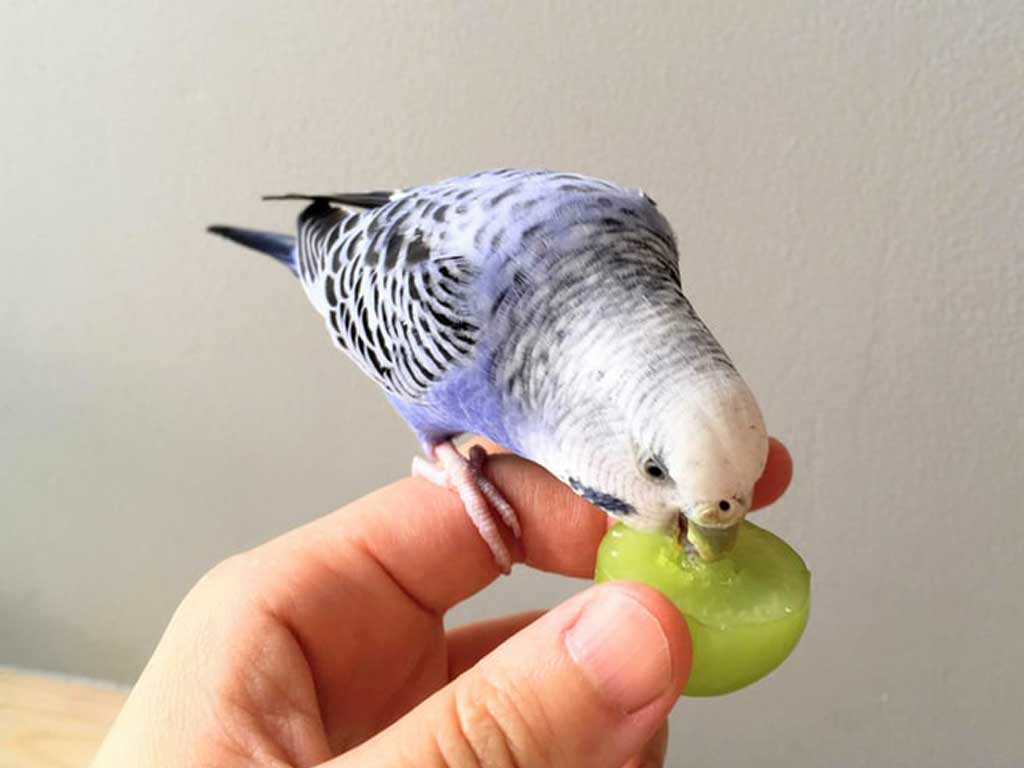
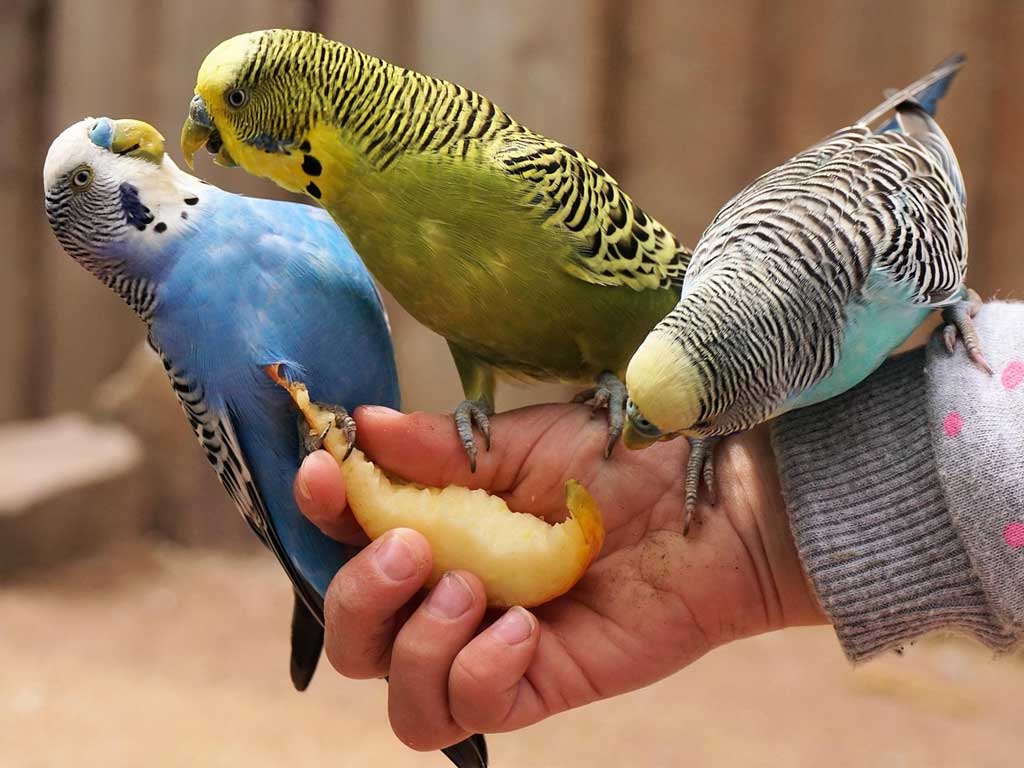
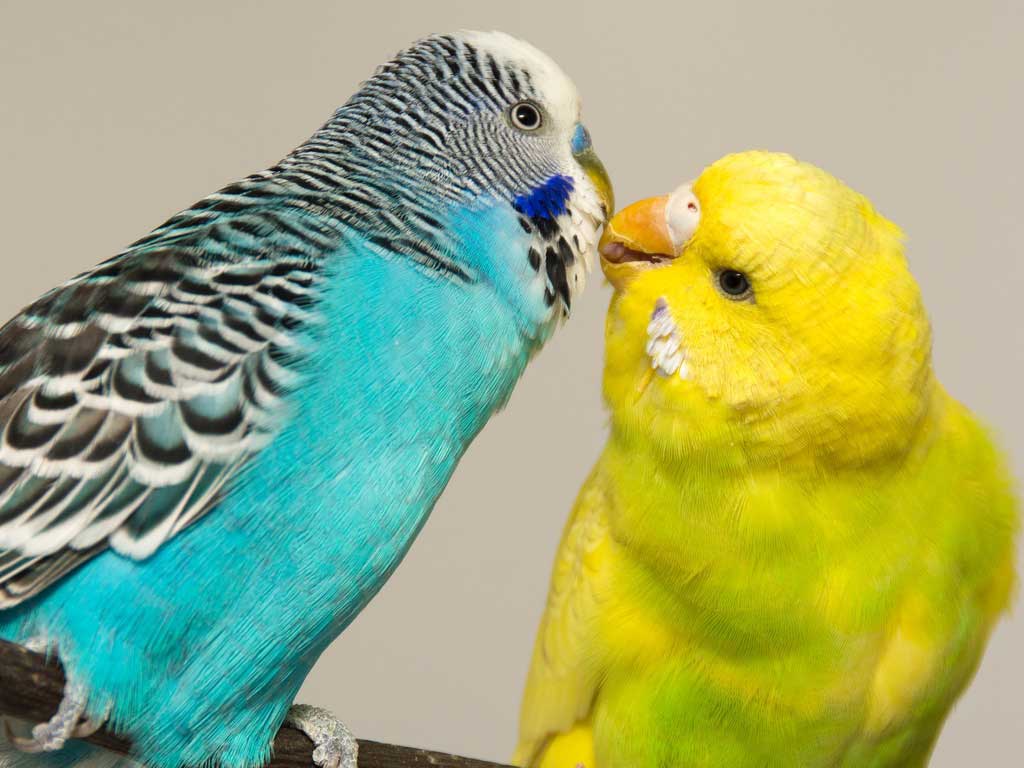
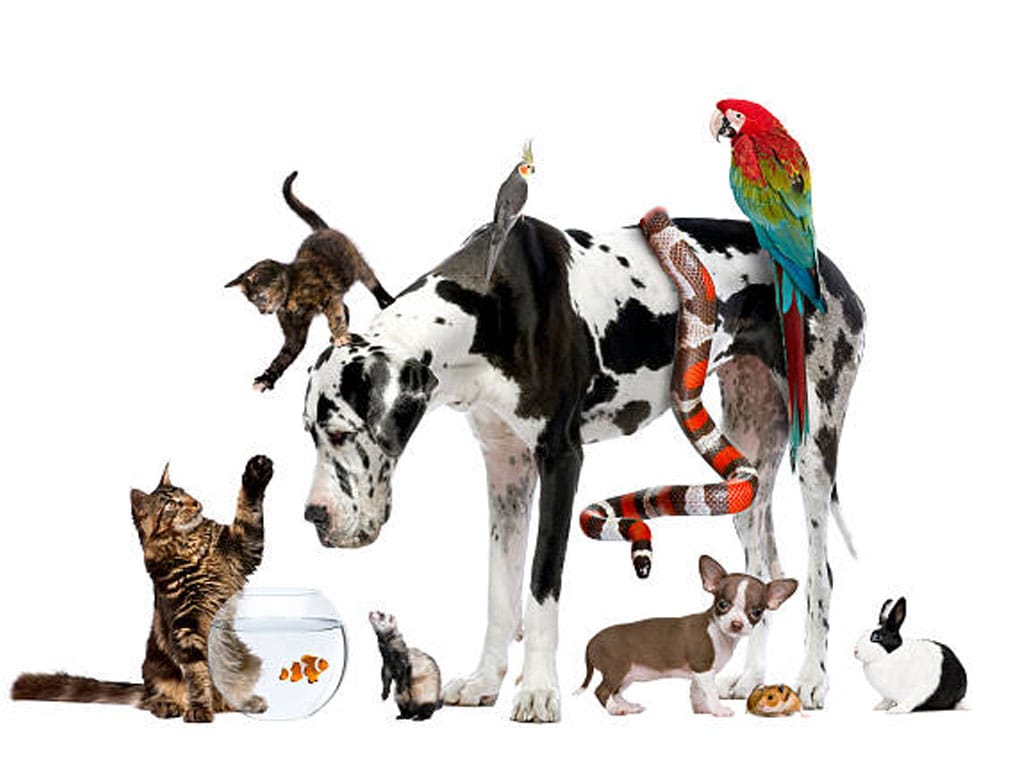

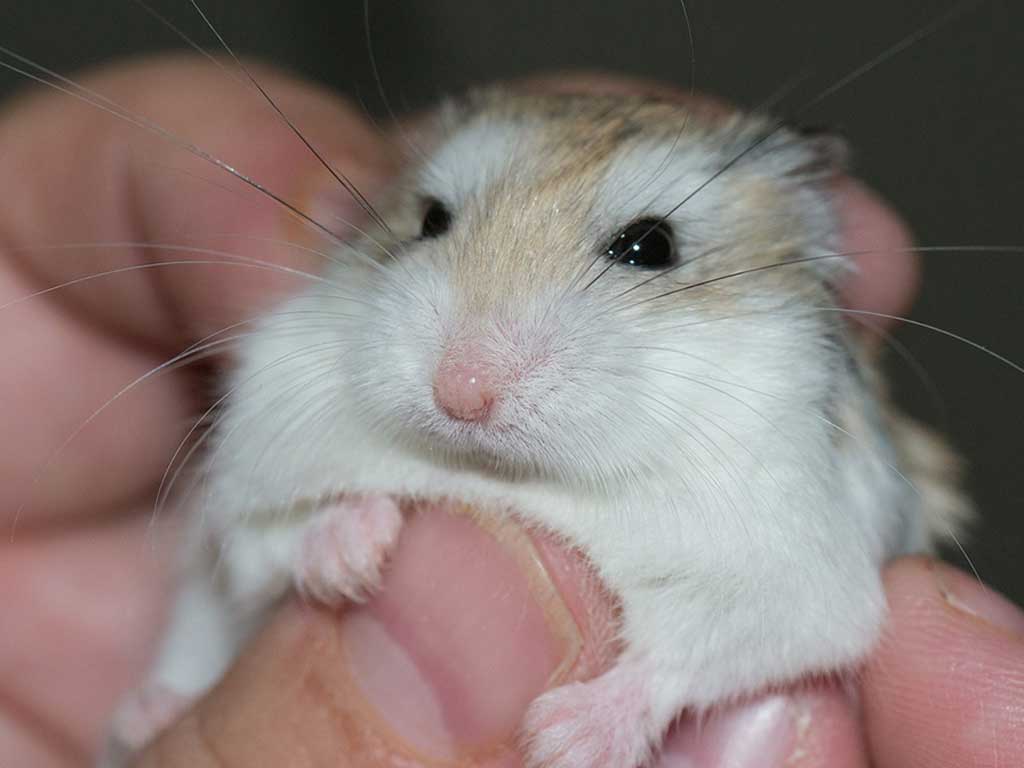
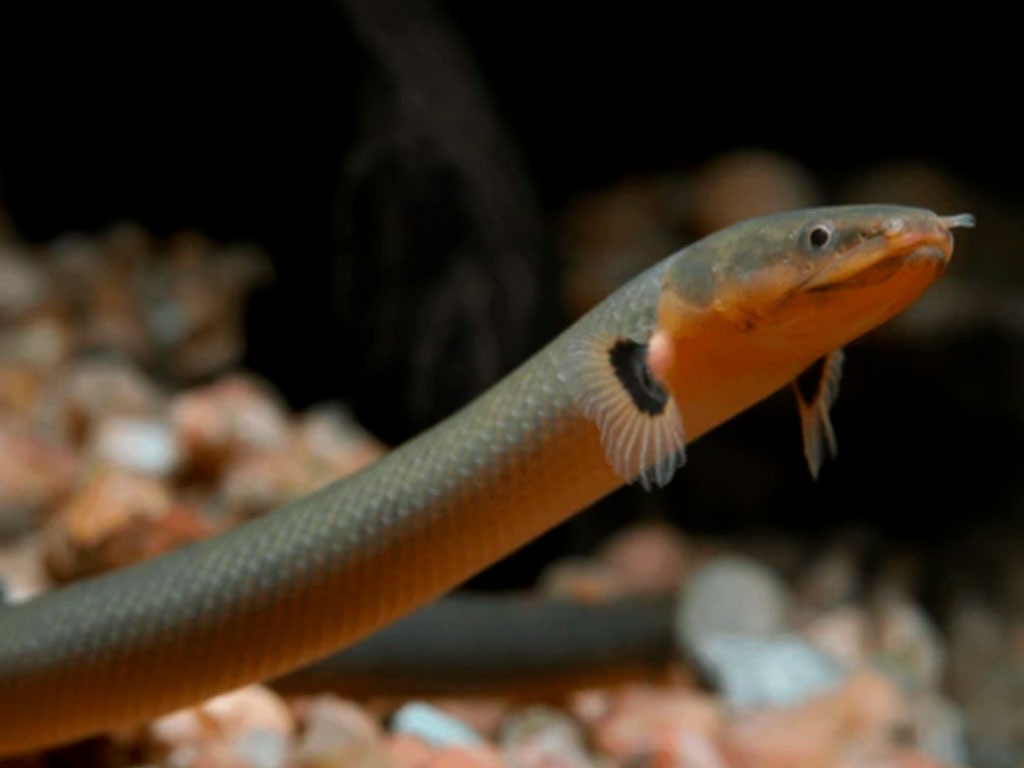
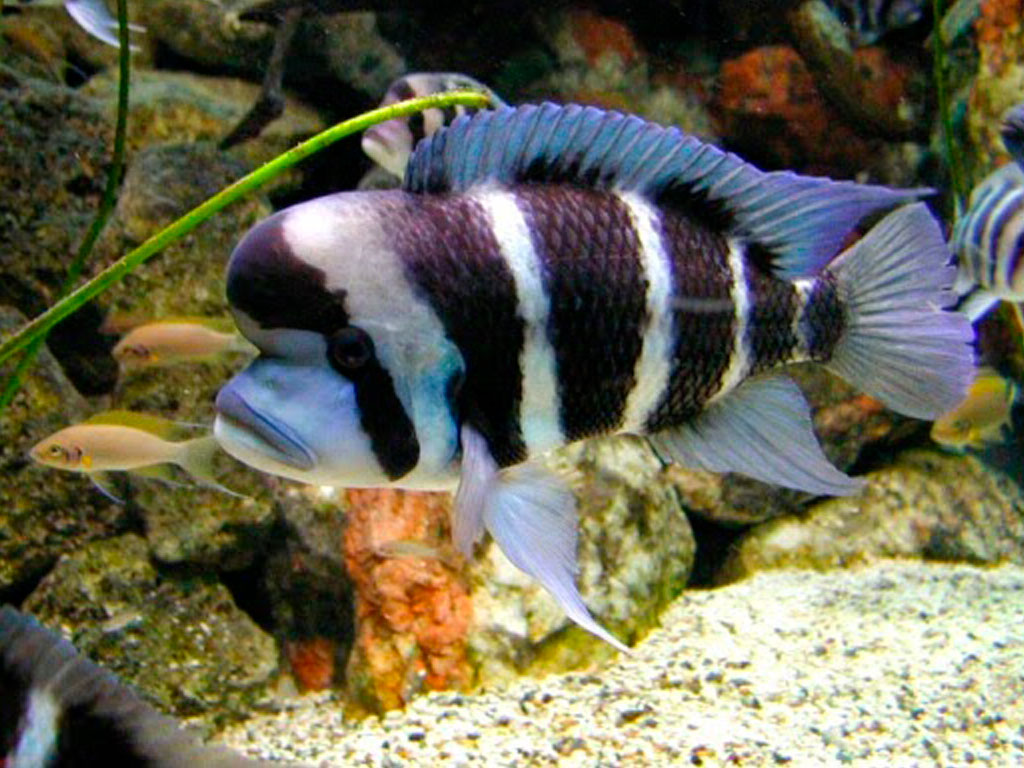
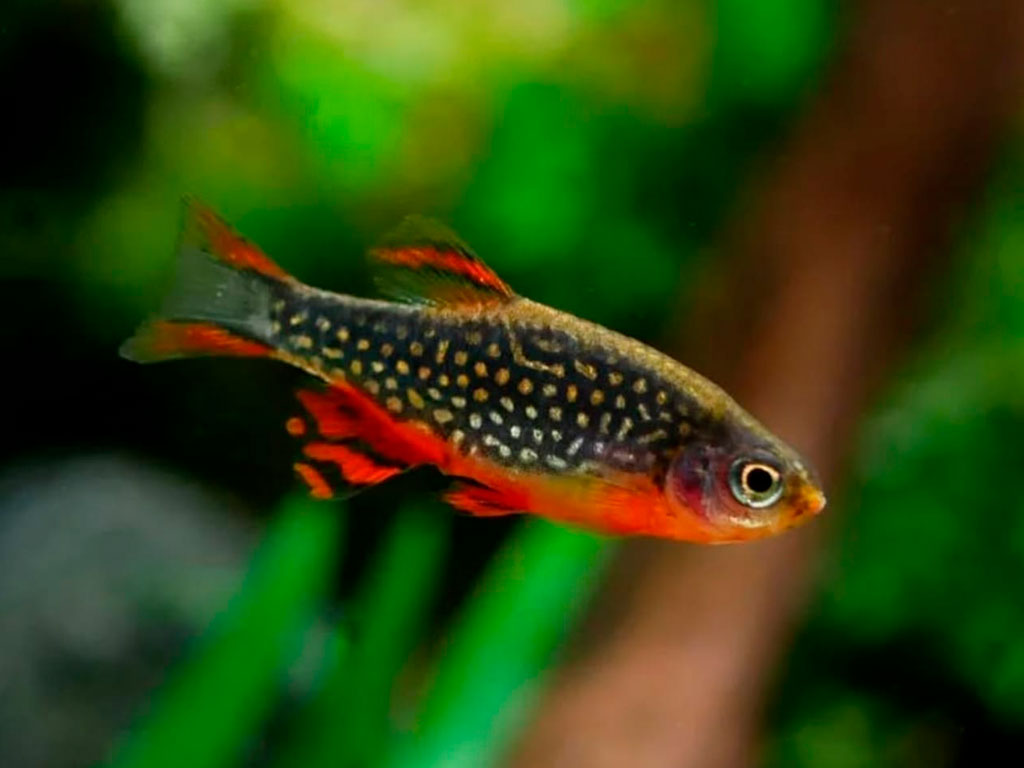
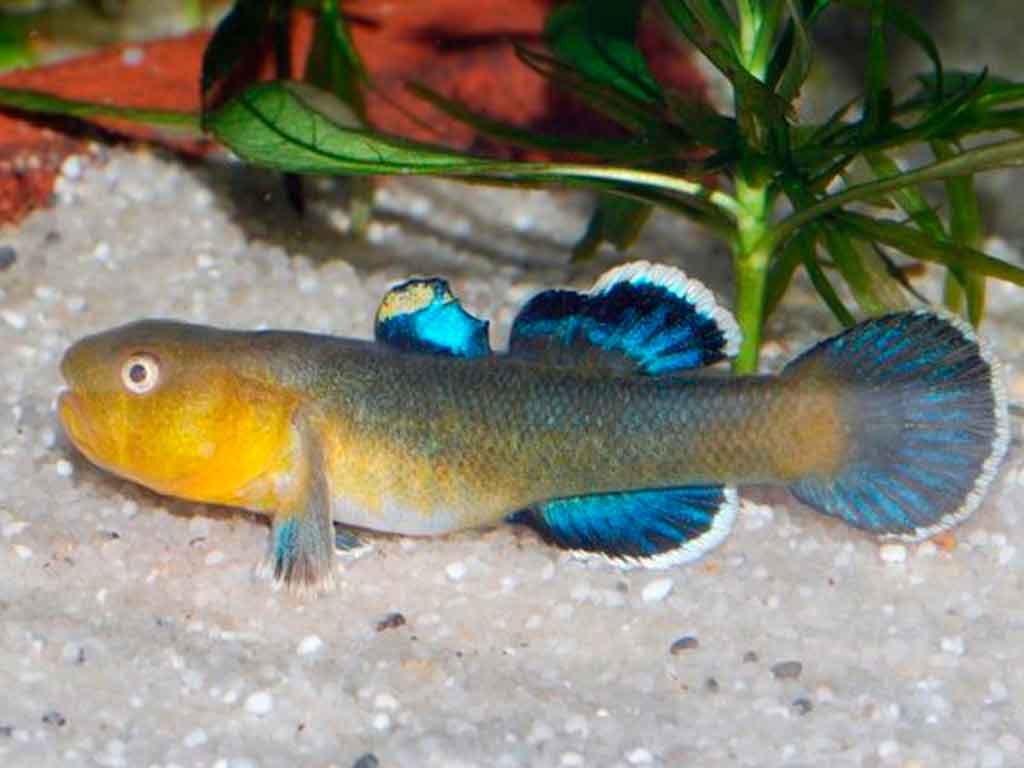
Leave a Reply